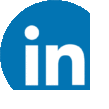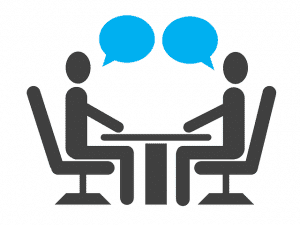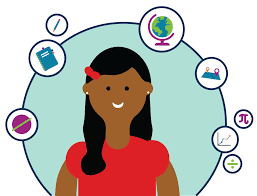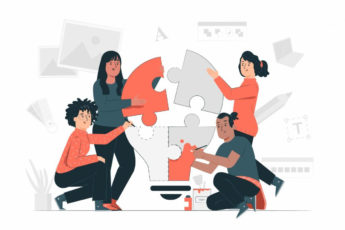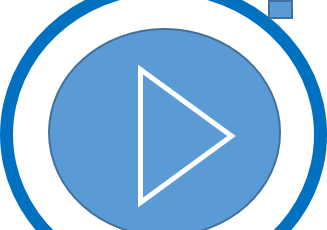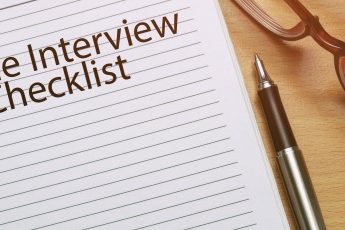 By Diego Martinez, Junior, UMass Boston
By Diego Martinez, Junior, UMass Boston
It wasn’t until this year that I learned what an informational interview was, along with its value and importance. Conducting an informational interview is a skill that anyone should learn how to do because it builds your network with people who have similar interests and expands your knowledge about potential careers.
Along with students in my FirstGen Ahead cohort, we each conducted at least three informational interviews. While it was not uncommon for us to be nervous at first, our nerves were quickly settled once we started having a conversation. We learned that people liked to talk about themselves and their career journey, and they were happy to serve as a resource.
Some of us interviewed people we already knew, such as professors, friends, and acquaintances in positions we were curious about. Some of us also did not know the people who we were about to interview – they were introduced to us by someone else but held a position we wanted to learn more about.
Preparation is key. If we only have 30 minutes to conduct an informational interview, we want to ask questions where we can’t find the answers online. One way of preparing is by searching their online profile, the company in which they work, and job outlook data in their field. We also want to ask open-ended questions where the response isn’t a simple yes or no but provides context and insight. Finally, we need to be mentally present and listen to their answers, rather than rush to ask the next question on our list, as there might be a follow-up question that is pertinent to ask.
The first step I took was getting to know the person by simply asking about their past, specifically their career journey. This enabled me to establish a genuine human connection. For example, “What was the path you took to get to where you’re at now?” An additional key question I asked that led to a great interview was: “What are some of your best achievements in your field?” The reason why asking about achievements is so crucial is because it allowed me to understand what is required in a job. Asking a question about what makes a competitive applicant was one of the most valuable aspects of the informational interview for me. I learned lab experience matters for my future career aspirations. Overall, I found the interviewees were open, displayed humor, and were interested in getting to know me and serving as a resource.
For me, I realized that my professors, friends, and even some acquaintances can give me a huge head start in my career with just a thirty-minute conversation. For example, I was able to make a better timeline and plan my entire year until September 2022 based on the first informational interview I conducted.
For others, they received generalized advice pertaining just not to careers, but to life. For example, don’t be afraid to take risks, always apply yourself, and be persistent in tough times.
Almost all students connected with people during their informational interview who they want to have as part of their network; some students found potential future mentors.
The value of an informational interview comes from how much you can take advantage of it. Whether you learn ways to improve your marketability, acquire a mentor, plan out your year, or even simply learn about a person’s career journey, this type of interviewing is important for your future and for your career.

